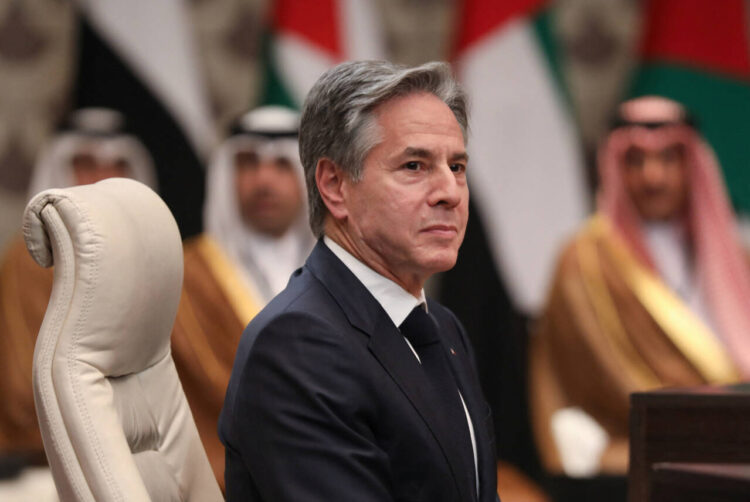Challenges for Israel don’t seem to die down any sooner, with Israeli Prime Minister Benjamin Netanyahu facing the brunt of a few members of his own coalition who do not agree to the terms of ceasefire which are currently being contemplated.
Israeli Prime Minister Benjamin Netanyahu faces escalating pressure from few members of his government as discussions intensify over a ceasefire proposal amidst a hostage crisis in Gaza. The proposal, currently under scrutiny, has ignited a heated debate over its potential implications for ongoing military operations and hostage negotiations in the region.
Against the backdrop of diplomatic efforts to broker a ceasefire, Hamas is said to be considering a new framework put forward by Egypt, which would involve the release of Israeli hostages in exchange for a temporary halt to hostilities in Gaza. US Secretary of State Antony Blinken has reiterated the urgent need for a ceasefire agreement to secure the safe return of the hostages, emphasizing the Biden administration’s commitment to resolving the crisis.
However, far-right members of Netanyahu’s coalition have vehemently opposed the proposed deal, denouncing it as “terrible” and cautioning against compromising military objectives in favor of negotiating with Hamas. The internal discord underscores Netanyahu’s delicate balancing act between domestic political pressures and international calls for de-escalation.
Amidst the debate, Israeli Finance Minister Bezalel Smotrich has warned against acquiescing to Hamas demands, framing acceptance of the deal as tantamount to capitulation. Former Prime Minister Yair Lapid has criticized the far-right’s stance, questioning the legitimacy of a government influenced by extremist factions.
As Netanyahu contemplates potential military action in Rafah, concerns linger over the fate of the hostages held by Hamas. Once again Israel is being forced to pay the price of conditions it did not agree to. In the latest discourse around the ceasefire deal between the Hamas and Israel’s so-called allies -US .The prospect of an incursion into Rafah has reignited discussions on the broader implications for regional stability and the humanitarian situation in Gaza. Concurrently, Israeli public opinion remains divided, with protesters advocating for US intervention to facilitate a resolution to the crisis.

















Comments